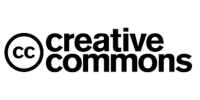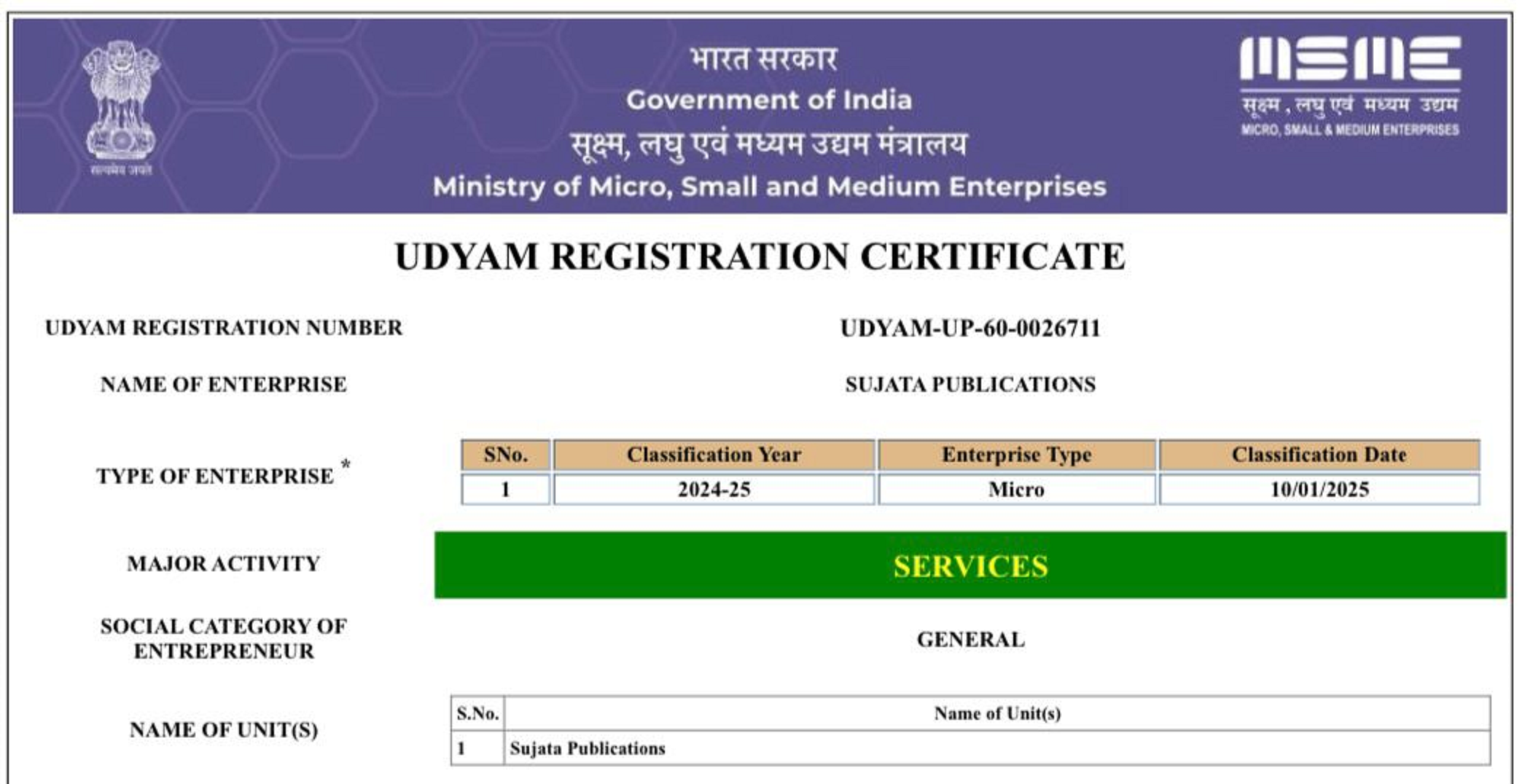An Innovative Sintering Technique in Pharmaceutical Industry
DOI:
https://doi.org/10.62896/ijpdd.v1.i1.01Keywords:
Pharmaceutical dosage form, Modified Release, Controlled Release, Sustained Release, Tablets, Sintering TechniqueAbstract
The pharmaceutical dosage form is the dosage form by which active pharmaceutical ingredients are supplied to the patient as a unite dose, to provide a pharmaceutical effect in the body with minimum undesirable side effects. The most common dosage forms are solid dosage form (tablets, capsules, powders and granules in sachet, etc.) due to their excellent physical and chemical stability, cost effectiveness and are easy of manufacturing. Solid dosage form contains a unit dose of one or more APIs with an inert excipient. The tablets are formulated by traditionally either compression methods (Direct/ Wet/ Dry granulation) or an innovative sintering method after compression. The sintering is expressed as the joining of adjacent particles in a mass of powder, or in tablets, by the heat application. Conventional sintering technique involves heating of compact mass at a temperature below the melting point of the available solid constituents in a controlled environment. The sintering technique has manifold advantages over traditional dry or wet granulation method like minimum quantity of drug polymer ratio, easy tailoring of drug release profile, cost effective, high mechanical strength and less disintegration time for the manufacturing of modified release dosage forms. Sintering concept not only improves mechanical strength of dosage form, but it also controls the release of medicament on over an extended time period.
Downloads
Published
Issue
Section
License

This work is licensed under a Creative Commons Attribution-NonCommercial 4.0 International License.
















